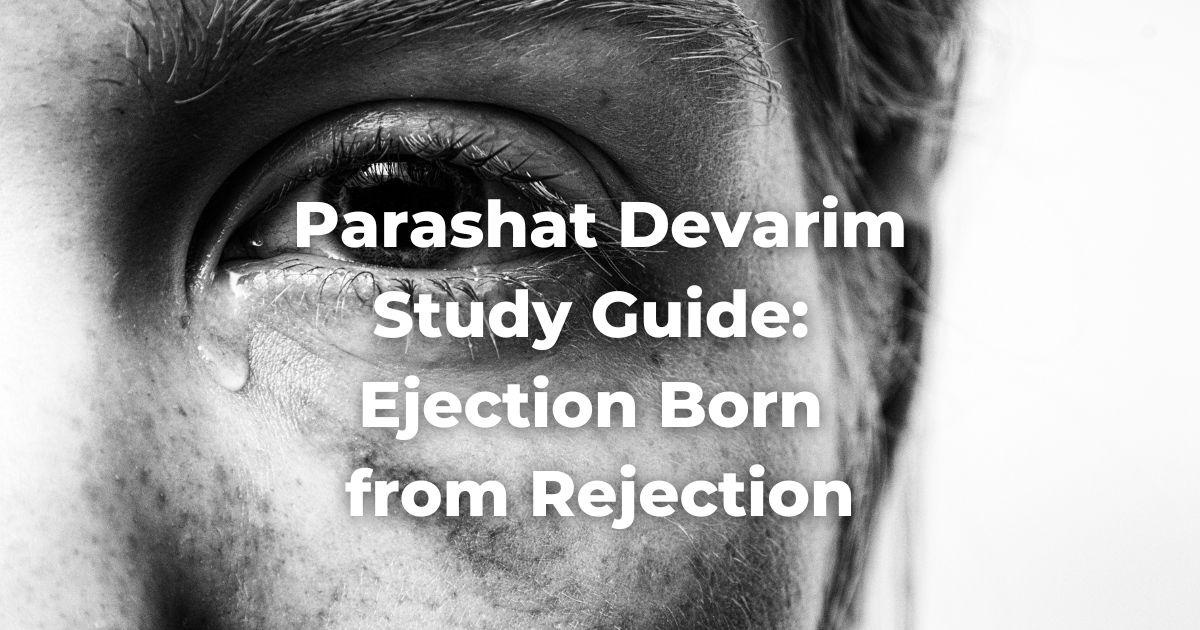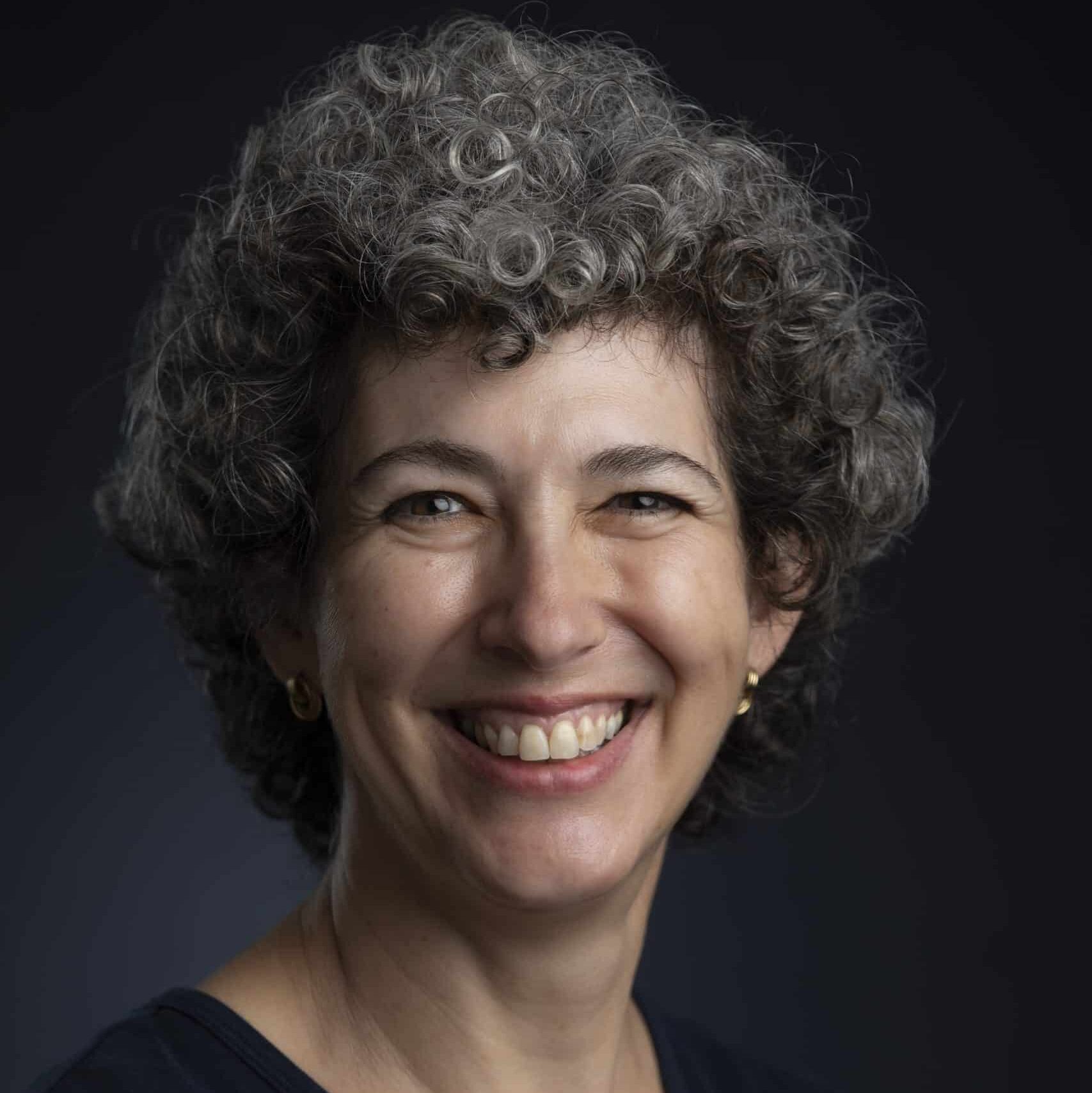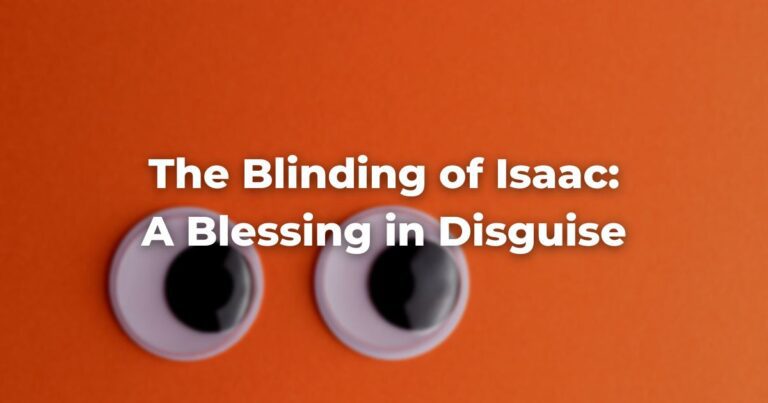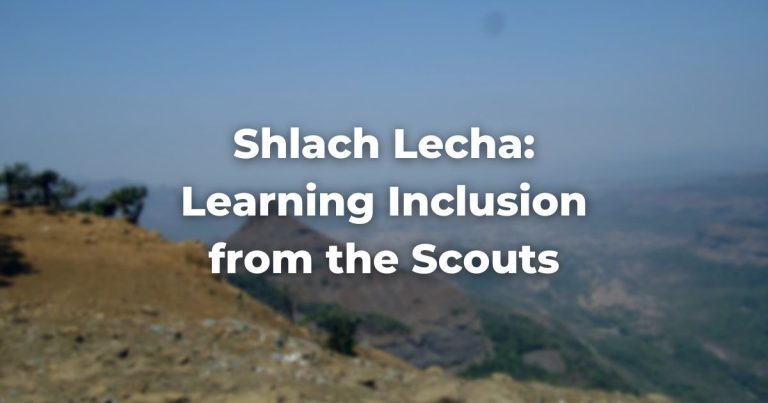Text: Devarim 1:20-36
(This is Moshe’s recount of what happened with the spies in Parashat Shlach.)
24 And they departed… and they brought back word to us, saying, ‘It is a good land which the Lord our God is giving us.’…26 “And you would not go up, but rebelled against the command of the Lord your God; 27 and you complained in your tents, and said, ‘Because the Lord hates us, He has brought us out of the land of Egypt to deliver us into the hand of the Amorites, to destroy us…’ 29 Then I said to you, ‘Do not be terrified, or afraid of them. 30 The Lord your God, who goes before you, He will fight for you…’ 32 Yet, for all that, you did not believe in the Lord your God… 34 And the Lord heard the sound of your words, and was angry, and took an oath, saying, 36 ‘Surely not one of these men of this evil generation shall see that good land of which I swore to give to your fathers…’
- According to Moshe’s recounting of the events, what did the people reject that made God angry? What is the role of the land in this rejection? How does this account differ from what was told in Bamidbar 13-14?
- Which story makes it easier to understand the consequence of that generation dying out in the desert? Why could they not have entered the land?
Midrash: Tanhuma on Bamidbar 12 (Parashat Shlach)
“The whole community raised [their voice (wailed), and the people cried that night]” … The community cried on the night of the ninth of Av. The Holy One, blessed be He, said to them: ‘You wailed in vain before me, I shall set this night for wailing for generations.’ And from that time, it was decreed that the Temple will be destroyed and that [the people of] Israel will be exiled to among the nations. As it is stated (Psalms 106: 26-27), “So He raised His hand regarding them to make them fall in the wilderness. And to make their seed fall among the nations, and to scatter them among the lands.” The raising of [the divine] hand corresponds to the raising of the voice.
(This midrashThis word is used in two ways, as both a concept and a literature. As a concept, midrash is the expansive interpretation of biblical texts. The term is used to describe the practice of rabbinic interpretation. As a text, it refers to specific collections of interpretations, particularly from the third to ninth centuries in the Land of Israel and Babylonia. Plural: Midrashim
Read more appears on Bamidbar 14:1)
- According to the midrash, how does the people’s crying in the event of the spies connect the event to Tisha b’Av?
- The midrash draws the connection based on an internal biblical midrash found in Psalms 106: 26-27. What does raising of a hand mean? (Think of all the court scenes you know.)
- Based on the Psalmist’s retelling, how was the rejection of the land, following the spies’ report, perceived already during biblical times? How does the midrash understand the underlying cause(s) of the event of the spies and the events of Tisha b’Av?
See more: Parashat Devarim
Originally posted as part of the Conservative Yeshiva at the Fuchsberg Jerusalem Center’s Torah Sparks. Support TorahRefers to the first five books of the Hebrew Bible, the Tanakh, also called the Five Books of Moses, Pentateuch or the Hebrew equivalent, Humash. This is also called the Written Torah. The term may also refer to teachings that expound on Jewish tradition. Read more learning from the Fuchsberg Jerusalem Center/Conservative Yeshiva for leaders and seekers around the world here.
Authors
-

Vered Hollander-Goldfarb teaches Tanach and Medieval Commentators at the Conservative Yeshiva and is a regular contributor to Torah Sparks, FJC’s weekly message on the weekly Torah portion. She received her M.A. in Judaic Studies and Tanach from the Bernard Revel Graduate School of Yeshiva University and studied at Bar-Ilan University and the Jewish Theological Seminary. Before making aliyah, Vered taught at Ramaz School and Stern College in New York.
View all posts -



The Fuchsberg Jerusalem Center (FJC) is a home in the heart of Jerusalem where leaders and seekers can find an authentic place in Jewish tradition to call their own. FJC offers opportunities to study, pray and explore within an egalitarian and inclusive setting, creating multiple pathways for finding personal and communal meaning.
View all posts






